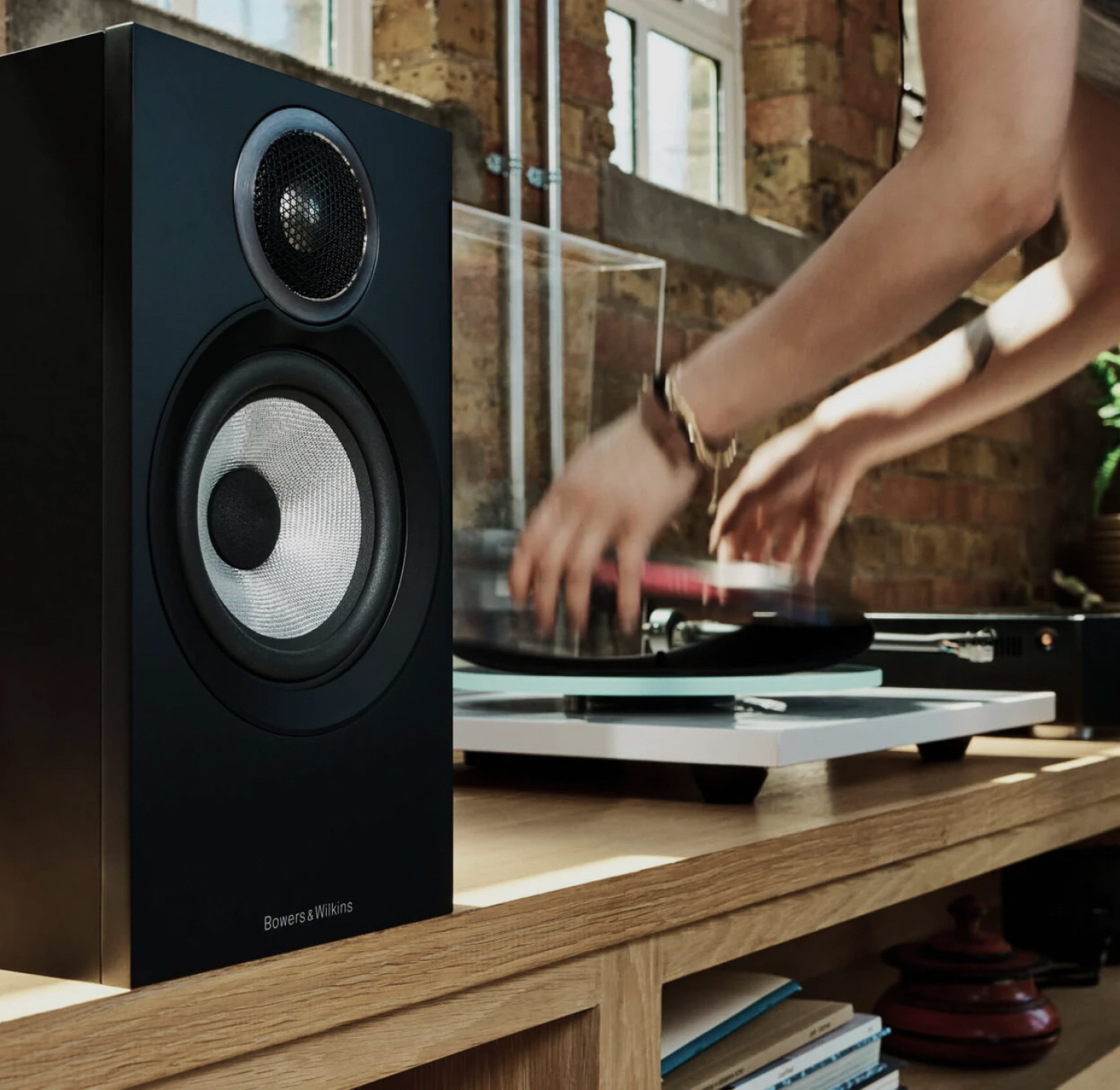UNIVERSAL RECORDS Lou Reed - Berlin
REVIEW-URI PENTRU VINIL UNIVERSAL RECORDS Lou Reed - Berlin
Momentan produsul VINIL UNIVERSAL RECORDS Lou Reed - Berlin nu are nici un comentariu din partea utilizatorilor. Fii tu primul care adauga un comentariu.
Articole relevante pentru VINIL UNIVERSAL RECORDS Lou Reed - Berlin
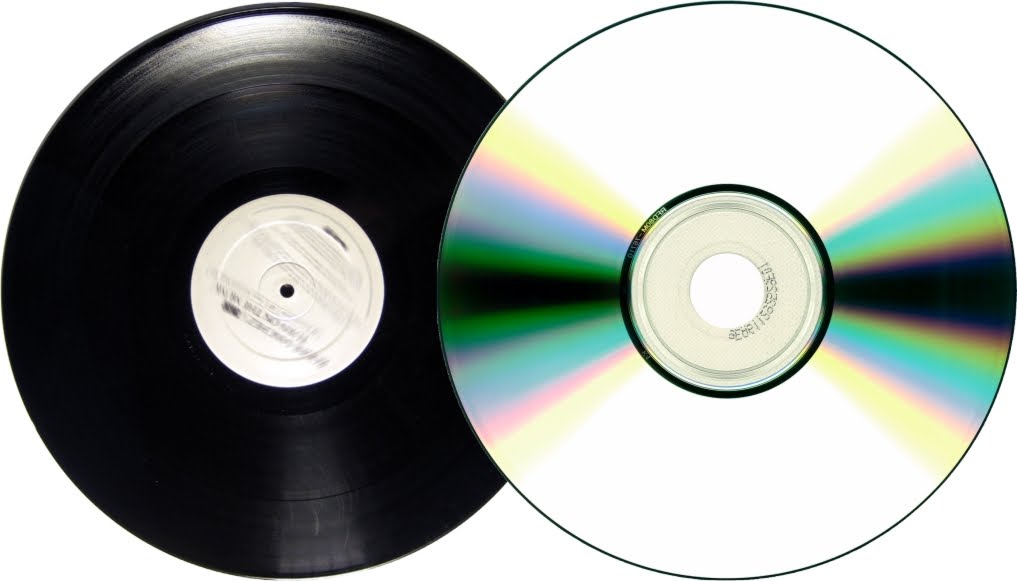
Albume CD si Vinil in categoria Muzica la AVstore.ro
Incepem anul 2015 cu o premiera. Puteti achizitiona de la AVstore nu numai echipamentele destinate reproducerii muzicii ci si inregistrari de cea mai buna calitate, pe suportul preferat de dumneavoastra - CD sau

Cinci motive pentru care LG OLED G4 este televizorul potrivit pentru tine
LG OLED G4 la AVst

REVIEW ROCKNA WAVELIGHT DAC - „UN STANDARD PENTRU SUNET SMOOTH”
. .
DE CE SA ALEG AVSTORE?
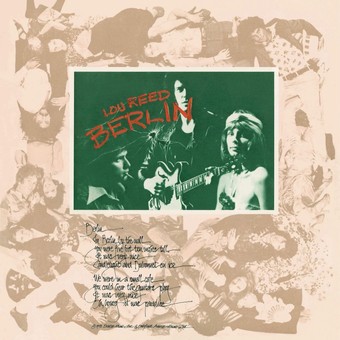
Ai acces la produse de ultima generatie, preturi promo si consiliere din partea echipei
La AVstore.ro cumperi la preturi PROMO, poti plati in rate si ai livrare GRATUITA pentru comenzi peste 150RON in reteaua Fan Courier. Vezi specificatii tehnice, review-uri si pareri despre VINIL UNIVERSAL RECORDS Lou Reed - Berlin
Povestea noastra, sau cum pasiunea ne-a condus catre business
Pasiunea pentru echipamente audio și tehnologii noi a transformat un grup de entuziaști intr-o afacere si un magazin online cu reputatie pentru audiofilii veterani, puristi, dar si generatia noua, deschisa la inovatie in domeniu. Asta inseamna ca, inainte de toate, la AVstore vei intalni oameni gata sa te ajute sa faci alegerea potrivita indiferent de gusturi sau stilul tau de viata.
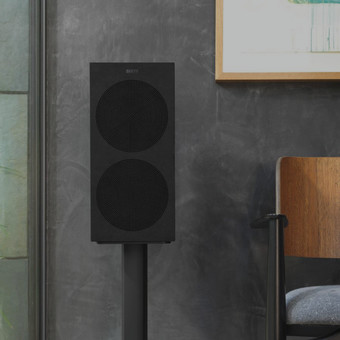
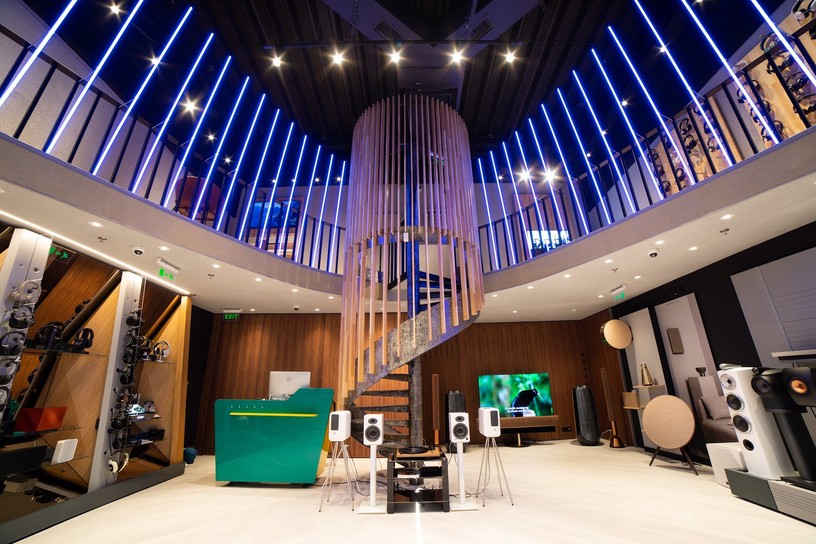
Showroom-urile AVstore, locul perfect sa iti satisfaci curiozitatea
Curiozitatea și dedicarea noastra de a oferi experiențe sonore de calitate ne-a condus să exploram cele mai interesante solutii din industrie, de la branduri consacrate, cu traditie ca Audio Technica, Yamaha, Sony, Edifier, Technics pana la cele mai noi si “curajoase” cand vine vorba de tehnologie: Bang & Olufsen, KEF, Sonos, Cambridge Audio si multi altii.




















